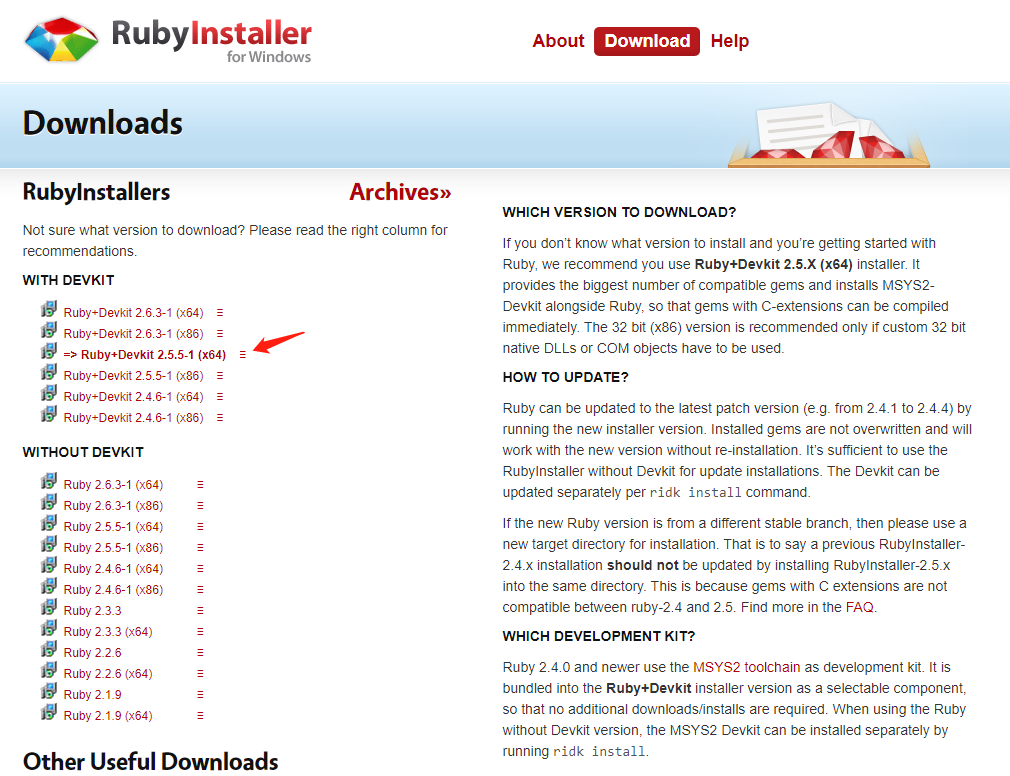

Looking for a more permanent solution, I stumbled upon the help site on. Please note that this quick fix is absolutely not recommended, since you’re bypassing all encryption and will send and receive the data unencrypted.Īpart from being insecure the above option also induces the problem of requiring you to always explicitely tell the install command to use the non-https source. you can run gem install -source to bypass https.

To override the remote source (defaulting to ), use the -source command line option when installing a gem.Į.g. Instead of trying to access (which is the default behaviour when running gem install), we’ll instead access so no certificate validation will take place. This is the quickest but dirtiest solution to the problem. Consequently, you’ll need to update the gem tool to know about the most recent certificate.

That means, whenever the certificate on is updated, your gem tool can no longer verify the validity of the new certificate since it doesn’t yet know it. The problem is explained in detail on, but in short the trusted certificates that are used to verfiy connections to in order to download gems are bundled with the gem command line tool. Since openssl did not appear to be the problem I started googling and found out the following: The Problem Just to see that the openssl version seemed reasonably up to date. Initially, suspecting a problem with the openssl version installed, I ran ruby -ropenssl -e 'p OpenSSL::OPENSSL_VERSION' # -> "OpenSSL 1.0.1l " Server certificate B: certificate verify failed ( ) Unable to download data from - SSL_connect returned =1 errno =0 state =SSLv3 read In my case, I tried to install bundler using gem install bundler and instantly got the following error: ERROR: Could not find a valid gem 'bundler' (>= 0 ), here is why: When installing Ruby for Windows via chocolatey or using the Windows Installer chances are that you will face problems with ssl / certificate validation upon trying to install gems.


 0 kommentar(er)
0 kommentar(er)
